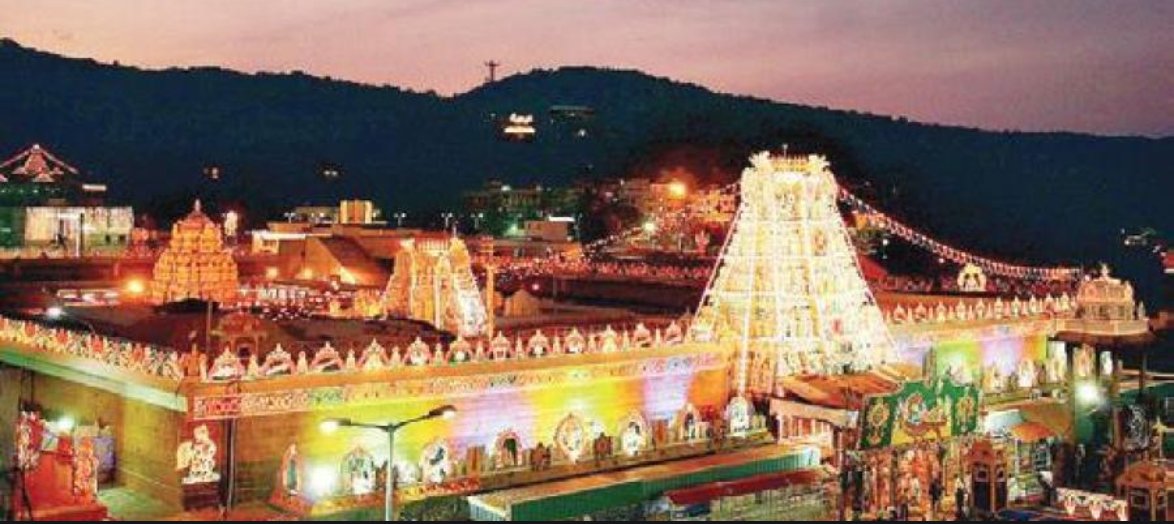Personal anecdote:
This is my 5th attempt in last 6 months to write a thread. I hope I am successful in completing this endeavor. Along with Yama Geetha, these are some of the most wonderful philosophies captured in Srimad Bhagwatham.
2/
Context:
Krishna and Uddhava would be having a discussion, the basis of which would be to impart the Brahma Jnana to Uddhava
During one such discussion, Krishna describes Anumana and Pratyaksha through a story, which is the Avadhūta Gītā
3/
As described by Krishna, this incident traverses back in time to his ancestor Yadu (from whom Yadavas originated).
Yadu would be roaming the earth and comes across a young man, barely clad but completely fearless. He had a serene smile on his face
4/
Yadu recognised him as the Avadhuta , one who has found inner peace and whose face is a sea of tranquility. Yadu requests to know the path through which the enlightened man reached this state.
5/
Dattatreya says: I have learnt this from multiple sources. In search of peace, I have roamed the earth and though multiple teachers, I have learnt how to live without being affected by desires.
There are 24 teachers from whom I learnt various lessons as below
6/
Avadhūta Gītā Begins:
1. Earth
- Forbearance / Endurance
- Even if oppressed by world, a firm man never moves away from path of Dharma
- A wise man is convinced of doing good to others & considers his janma being just for that purpose - lesson taught by mountains & trees
7/
2. Wind / Air
- Learn to live with the barest minimum
- Even if placed amongst the objects of desires, a wise man will learn to live without getting attached
- An atman has to pass thru' the world without getting attached similar to a wind that traverses all over
8/
3. Sky
- Clouds, Stars, Moon, Sun all inhabit the sky, but sky remains apart from them all
- Atman inside one is not involved with the body which is holding it
- Brahman is apart from the visible world that manifested from it
9/
4. Water
- Full of love, sweet in nature & apt to purify those who comes in contact with it
- Similar to water, we should rid ourselves of arishadvarga
- Good men are like river that cleanses all, with sight, touch or words
10/
5. Fire
- Full of light, consumes everything but is not contaminated by it
- Man who has tapas as his wealth is untainted even if he enjoys what the world has to offer
- Never discriminates food as good / bad
- Like Arni inside wood, Atman is within the body & is invisible
11/
6. Moon
- Similar to waxing & waning of moon called Kaalas, stages of birth, growth & decay of body doesn't affect the Atman
- Flames rise & end in fire itself - Similar is the speed of time & cycle of births & deaths - Time is invisible
12/
7. Sun
- Sun absorbs water thru' its rays & gives it back in the form of Rain
- Wise man is never attached to the things that gratify the senses; accepts them to do good to others
- Reflection in difference places is different, but is Sun itself - All atamans are also same
13/
8. Pigeon
- A pair of pigeons with kids were present; Kids get caught in the net; Mother distraught with grief goes to net & later is followed by father; All caught & killed by hunter
- Lesson : Attachment / thoughts on possessions leads to ruin;
14/
9. Python
- Wise man should be indifferent to everything
- Python eats whatever comes it's way, whether its tasty or not
- Doesn't go out of the way / make special attempts to satisfy its hunger
- Man should learn to be satisfied & control desires, senses - Aim is moksha
15/
10. Ocean
- Wise man should be like ocean ; Surface should be clear and lucid, but depth can't be gauged
- No one should be able to cross him in his purpose
- When rivers rush in due to rains, Ocean is not impacted
- Shouldn't be depressed if desires are frustrated
16/
11. Moth
- Owning to temptations, if a man loses his reasoning and thinking and falls prey to charms, he destroys himself like a moth attracted to the fire
- Moth represents one of the snares of Indriyas (senses) viz., sense of sight which beguiles it
17/
12. Honey Bee
- When one eats, we should take only that much which is necessary for body and soul
- Honey Bee collects honey from all flowers & doesn't become avaricious
- It is also careful not to hurt the flower - Sanyasi should accept only so much and not more
18/
13. Bee-hive Keeper
- If one collects wealth & doesn't enjoy / distribute wealth, he is like Honey bee
- His wealth will be taken away by someone who is stronger
- Wise man knows how to make others work for him & benefit by their work like Bee-hive Keeper
19/
14. Elephant
- Elephant represents one more of the snares of Indriyas (senses) viz., sense of touch
- Male elephant is lured into a trap by a female elephant
- Real Sanyasi should be aware and not be lured to the extent of not touching with toes also
20/
15. Deer
- Deer represents another snare of Indriyas - Sense of sound
- Beautiful music / music sung with a desire to please shouldn't be heard by Sanyasi
- Else he will get trapped in desires like a deer which is lured into a trap by music by hunter
21/
16. Fish
-Fish represents another snare of Indriyas - Sense of Taste
- Coveting food, it bites the bait and is caught
- Man should be careful - He should to learn this sense-organ which is the hardest of all
- A true jitendriya would conquer his tastebuds thru' self-control
22/
17. Girl called Pingala
- One night, Pingala was tired of looking for customers & was disappointed
- She thought : Why not be contended with what I have - Attained a sense of peace
- Desire brings & breeds worry
- Contentment / Abandonment of desires brings true happiness
23/
18. Squirrel like animal - Kurari
- It had a small peace of meat
- Birds which were stronger were pecking it
- After harrasment, it dropped the meat & was peaceful
- Clinging onto possessions / affected by praise / censure is harmful - Overcoming this leads to tranquility
24/
19. Child
- Suckling child is free from worries and is cheerful as it's mother takes total care
- Total self-surrender is of utmost importance
- We should leave ourselves to the care of god and trust in his ways
25/
20. Young Girl
- When a young poor girl was alone, some people visited the house
- Girl started to pound grains for food; As she had glass bangles, she removed them to avoid others knowing her state
- Spiritual aspirant should learn to leave in solitude & avoid strife
26/
21. Archer
- To attain the Brahmi state, one must perceive the one-ness
- Breath control thru' Pranayama will lead to mind-control
- One should have single minded dedication towards their goal - Like the archer who didn't know what was happening around him
27/
22. Snake
- Snake avoids the company of men as it's suspicious of their intentions
- Alone with no dwelling place of its own
- Sanyasin should leave alone and avoid contact with others
- Shouldn't have home of his own as it's a bondage
28/
23. Wasp
- If one begins to think of one object intensely to exclusion of others, becomes the object
- Worm captured by wasp and kept in shell out of fear, becomes wasp over time
- If mind thinks of Paramatma with concentration, it will become one with it
29/
24. Spider
- Spider spits out long thread, creates web, gets tied and eats its own web
- Man builds his own bondage thru' desires and forfeits the freedom
- Paramatma has no desires & is beyond reach of cause & effect
30/
These are the lessons taught by Avadhuta to Yadu with core focus on eliminating the disease called I or MINE
References:
1. Srimad Bhagwatham (Gita Press)
2. Srimad Bhagwatham - Kamala Subramanian
3. Srimad Bhagwatham - Bharat Darshana
4. Guru Charithra
31/
All pictures courtesy Google.
I hope this thread was useful
🙏🕉️ Śrīkr̥ṣṇārpaṇamastu 🕉️🙏
One small correction:
There was a confusion on Kurari i.e. whether it's animal or bird.
@santalum_aurum has confirmed that it's a bird.
Please note this correction & apologies for the incorrect representation earlier.
https://t.co/iK5CgiKZr2


























